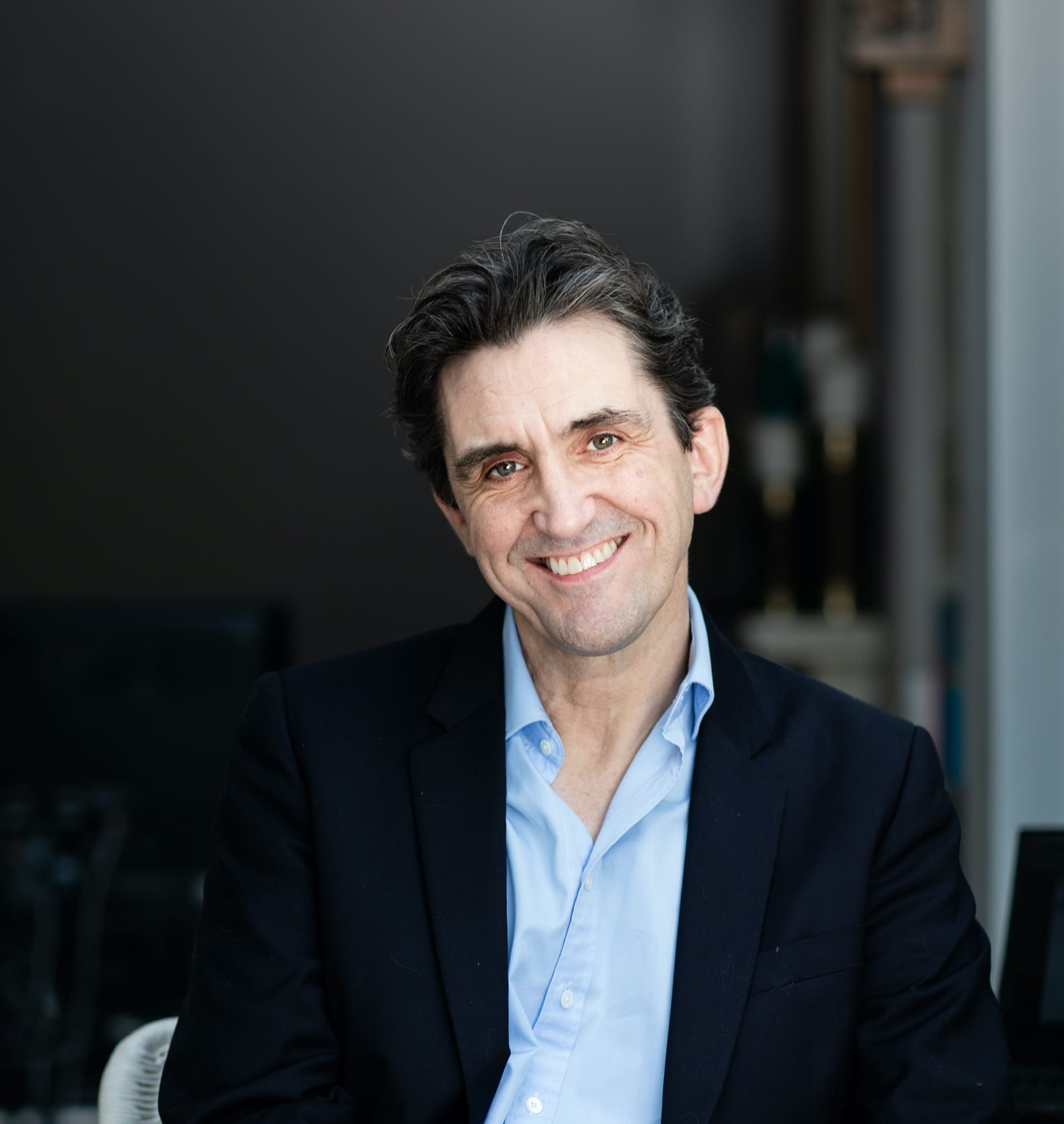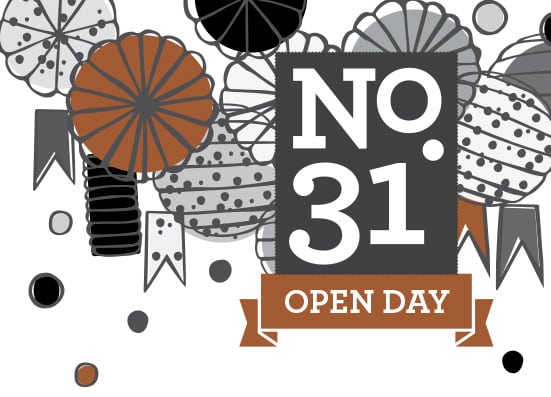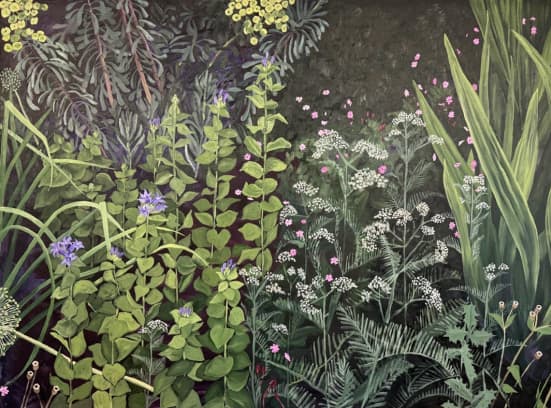Actor and science communicator Stephen McGann talks to Esther Lafferty about the way popular BBC drama Call the Midwife has engaged millions of viewers with the changes in medical practice over the last 60 years, the issues of memory and identity raised by the award-winning film Eternal Sunshine of the Spotless Mind (2004; starring Kate Winslet, Jim Carrey and Kirsten Dunst), and the interface between social history, science and culture.
You’re best known for your role as Dr Turner in Call the Midwife. What do you think the series, with its medically-accurate storylines and authentic characters, has done for people’s understanding of medicine today?
It has really surprised us. Call the Midwife is set in a particular post-war period, starting in the late 1950s and the next series will be set in 1966, so we’ve gone through a time of tumultuous change in British public health. After the Second World War – and Dr Turner is an army medic, a product of WWII – we emerged into Attlee’s Britain, the remaking of a land fit for heroes and the building of a health system in a time of austerity on the back of developments like penicillin to solve the problems that had plagued my dad’s generation. Suddenly there was this way to kill some of these dragons with mass vaccinations and mass x-ray programmes, and the early years of antibiotics seemed magical.
It was fascinating to see how the audience perceived and responded to the series. We now live in an environment where people are essentially ‘spoilt’ for want of a better word: because of vaccination programmes, we don’t see now even what I saw as a kid (I’m 57). Now, we don’t see measles, we don’t see diphtheria and many people therefore don’t understand the dangers that plagued my dad and his generation. My dad, for example, was born in 1924 and served in the Second World War. He’d had a strep throat infection as a child in the 1920s that led to rheumatic heart disease, which killed him at 60. All he’d have needed back then was antibiotics, but they didn’t have them.
So back when I was a kid, no parent argued against medication and vaccination because they saw the damage disease did; it was all around them. Antibiotics were a miracle. Vaccination was a miracle.
Now we screen and vaccinate against infections, the programme’s viewers find it hard to imagine how bad something you can’t see really could be and the damage and death it could bring, and that’s where Call the Midwife is important. Drama isn’t science but when done well, it can communicate scientific issues with a power other things can’t. Call the Midwife is very proud of its accuracy, and to the viewers it feels very real. It also makes people want to find out more.
For example, there was a great moment the first time we covered diphtheria – we’ve just covered it again recently – and there was this awful scene which people could hardly believe. The next day NHS online contacted us to say that hits on their web page on diphtheria had absolutely exploded following the show. Call the Midwife is so immediate and so visceral, it can be a great interface between the population and health messaging bodies like Public Health England. If we cover important or topical issues – such as measles – then we know people will look up the facts afterwards, which is great.
Eternal Sunshine of the Spotless Mind is a romantic film with the possibilities of memory erasure at its heart. During IF Oxford, the science and ideas Festival, you are leading a panel discussing the scientific possibility of a spotless mind – what ideas from the film intrigue you most?
Eternal Sunshine of the Spotless Mind is one of those films everyone loves and I’m very interested in the questions it raises around neuroscience. My undergraduate degree was in computer science and it was the idea of artificial intelligence (AI) and the comparison with human consciousness that led me into a postgrad course in science communication. I was blown away by AI because when, as a computer guy, you study human consciousness and memory, very quickly you come up against philosophical questions of what intelligence is: suddenly you’re in a Cartesian rabbit hole of philosophy, ethics and robotics. There are questions to consider like just because we might be able to do something, should we? In the film, a scientist has the ability to erase selective memories in people’s heads, making them happy, but how much are we our memories; how do we narrate ourselves and how does this define our sense of self? What impact would removing memories have on someone’s identity? These are also relevant to the challenges in Alzheimer’s disease.
I’m also interested in the way scientists are portrayed in films and on TV. The way people see scientists is often influenced by the characters they see on screen – for example, as brilliantly bright mad professors or cold, analytical villains looking to profit from big science. Yet in reality they’re just people like everyone else – caring, funny, thoughtful and flawed, and some of the most committed and politically-progressive people I know. I also think doctors can be key to the perception of the scientist in public culture, being the most commonly encountered practitioners of science in most ordinary people’s day-to-day lives. TV shows and films that portray scientists and medics with a genuine human authenticity and compassion can be a great catalyst for wider scientific understanding and curiosity.
Eternal Sunshine: The scientific possibility of a spotless mind, Saturday 24 October









